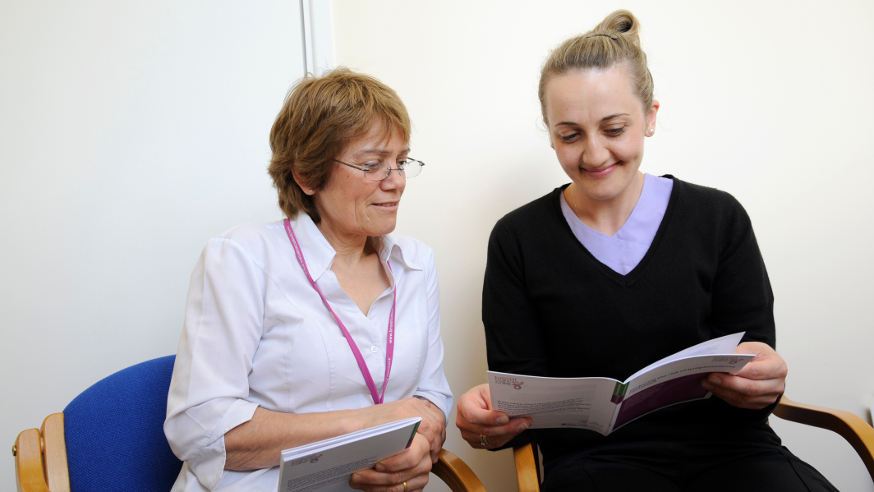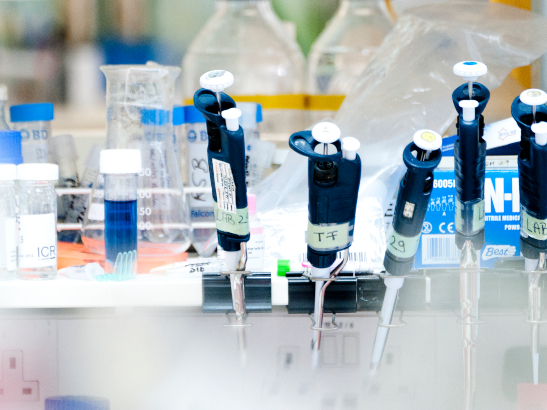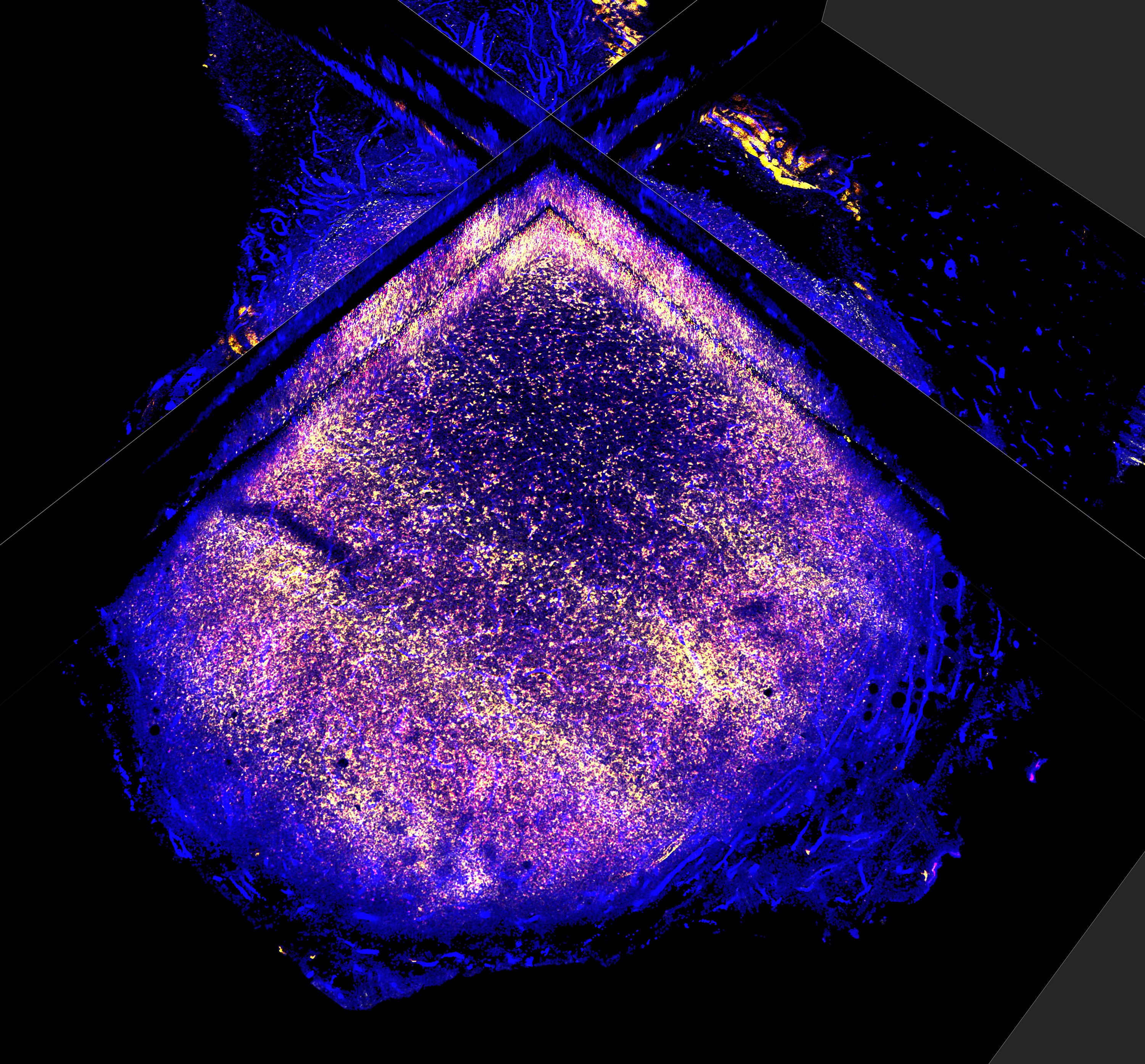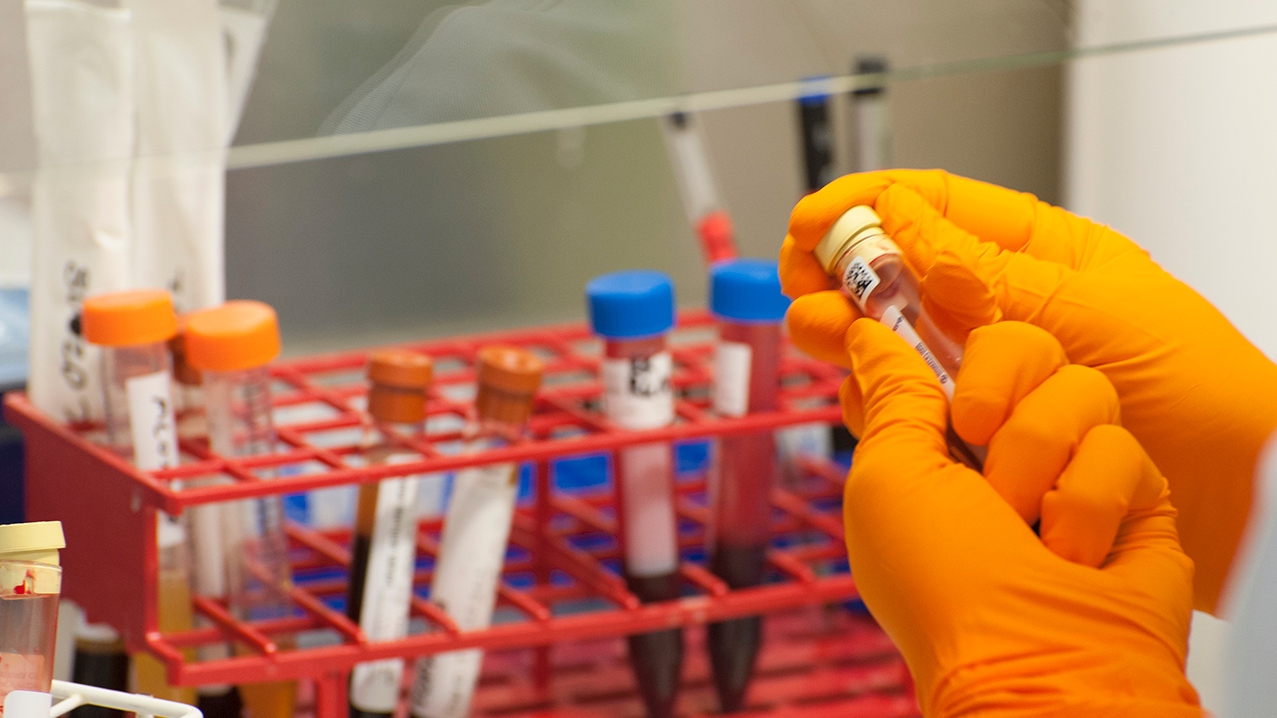Improving access to clinical trials
Clinical trials are the single best way to turn advances in science into patient benefits. The ICR has a vision that a suitable trial should be made available for every person with cancer who wants to be part of one.

Expanding trial access – ICR report
Our 2021 report, Clinical trials in cancer, reveals the impact of the Covid-19 pandemic on cancer trials and highlights longstanding barriers to expanding clinical trial access to more people with cancer. But Covid-19 also offers clues to a recovery that can get new treatments to cancer patients more quickly.

News: Cancer trial recruitment drops by 60 per cent during pandemic
The number of cancer patients entering clinical trials has plummeted during the pandemic – denying many thousands the latest treatment options and delaying drug development. Here, cancer experts set out their findings about the barriers to carrying out clinical trials in the UK and proposals for boosting participation.Latest ICR News

Silencing gene may combat formation of radiation-induced scar tissue, a new study reveals
A new study suggests that silencing CXCL12, a gene involved in tissue scarring and repair, could help reduce the formation of scar tissue that can caused by radiotherapy. Ultimately, the researchers hope this approach could improve treatment outcomes for breast cancer patients undergoing radiotherapy and reconstructive surgery.
_kevin-harrington-embed.jpg?sfvrsn=cb25ea76_1)
ASCO 2025: One-time cell therapy offers long-term survival hope for patients with advanced melanoma
A one-time immunotherapy treatment using a patient’s own immune cells has shown long-lasting benefit for people with advanced melanoma, a serious form of skin cancer, according to new five-year follow-up data from a pivotal clinical trial.

ASCO 2025: Next-generation breast cancer drug targets tumours before they have a chance to grow
A powerful new drug for advanced breast cancer can be used to treat emerging tumours, months before they have a chance to grow, helping to keep patients well for longer and delaying the need for later-line therapies including chemotherapy.
Results of a global study, funded by AstraZeneca and co-led by researchers at The Institute of Cancer Research, London, The Royal Marsden NHS Foundation Trust and Institut Curie, Paris, were presented at the American Society of Clinical Oncology (ASCO) annual meeting in Chicago on 1 June 2025.
.jpg?sfvrsn=5e059cab_3)
ASCO 2025: New therapy improves survival in advanced breast cancer and delays need for chemotherapy
A promising new therapy can help patients with aggressive advanced breast cancer live longer and delays the need for further chemotherapy, new research has shown.
Final results of the INAVO120 study, led by an international team of researchers including scientists at The Institute of Cancer Research, London, and The Royal Marsden NHS Foundation Trust, have demonstrated the potential of the new therapy combination for targeting PIK3CA-mutated hormone receptor positive (HR+), human epidermal growth factor receptor 2 negative (HER2-) breast cancer – a common form of the disease.